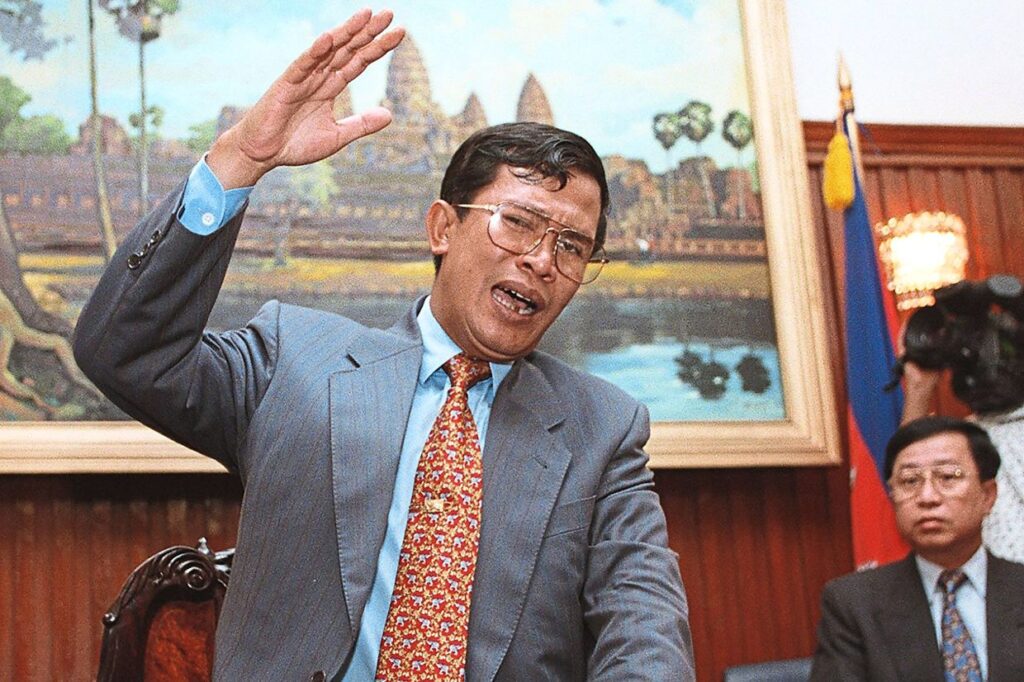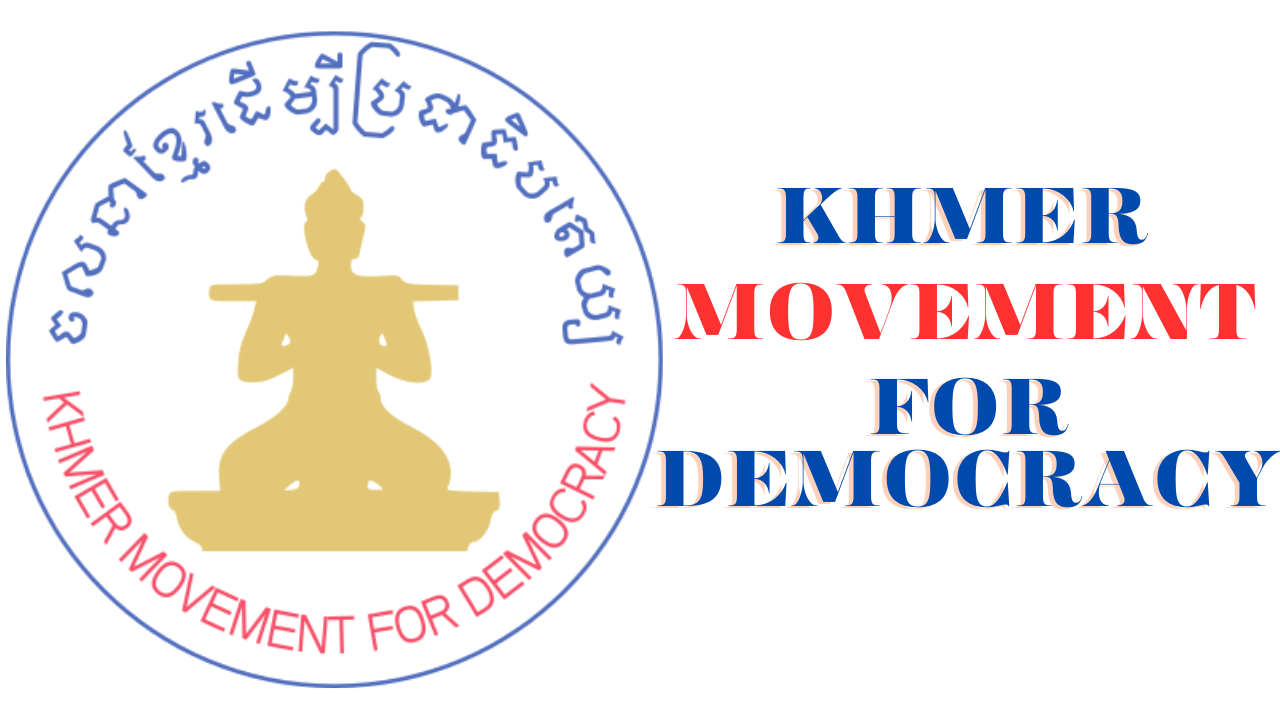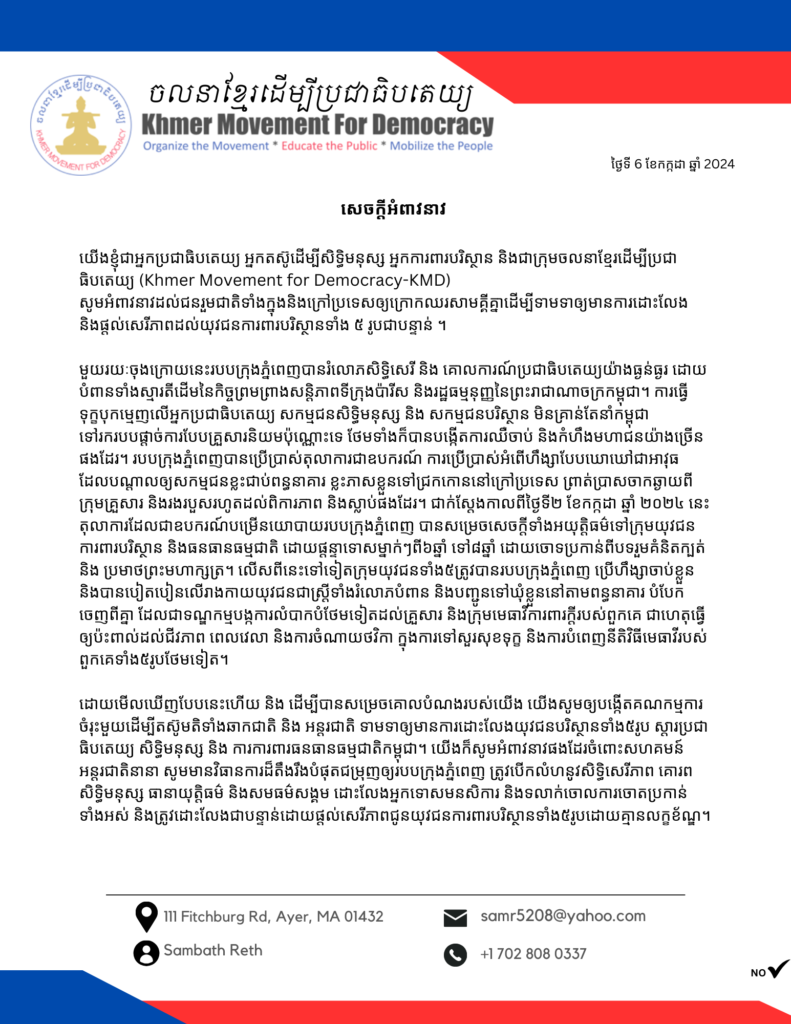The international community has no more excuses for failing to understand the reality of Hun Sen’s regime in Cambodia.
There has been no power transition. There is no new broom for international partners to cultivate and offer new chances. Despite handing over nominal power to his son Hun Manet as prime minister in August 2023, Hun Sen, now president of the senate and head of the ruling Cambodian People’s Party, remains in charge.

A recently leaked message from Hun Sen makes this clear. The remnants of Cambodia’s opposition inside the country, Hun Sen said, must either be forced to defect to the CPP and then act as recruitment agents for more defectors, or be eliminated.
Such calls in the past have led to beatings severe enough to hospitalize opponents. In September 2023, after Hun Manet had become prime minister, opposition supporter Ny Nak and his wife were attacked and beaten by a gang of four men with metal bars, leaving Ny Nak in hospital. There have been dozens of such attacks on opposition members, some of which have left the victims permanently disabled. Subsequent events in the Ny Nak case point clearly to the government being responsible. Ny Nak was arrested and put in pre-trial detention in January 2024 for criticising the government on Facebook.
An organised political opposition has long been impossible inside Cambodia. The Cambodia National Rescue Party was dissolved by the politically controlled supreme court in 2017, and national elections in 2018 and 2023 were carried out in the absence of any recognised opposition.
There is therefore no immediate threat to the government from an opposition movement which has dismantled inside Cambodia. The continued use of such bellicose language by Hun Sen betrays the fragility of the regime, and the power which the international community retains to contribute to positive change.
The CPP is the main intended audience for Hun Sen’s latest comments. The party is not the monolith that the international community often assumes. Many within the CPP are opposed to the concentration of power in the hands of the Hun family and its allies.
The only person in the CPP who believes that Hun Manet is the best person to be prime minister is Hun Sen. The appointment of Hun Manet, Hun Sen calculates, secures his own protection from accountability for the catalogue of atrocities committed under his rule. Figures within the ruling party who think in terms of Cambodia’s national interest and its future need external encouragement from the international community to exert their influence.
Cambodia will never achieve peace, stability and economic progress while its model of governance relies on continuous intimidation of opponents of the regime. A co-ordinated programme of personal sanctions against those who carry the most direct responsibility for
human rights abuses in Cambodia would send a powerful signal of encouragement to progressive CPP elements which would outweigh its direct economic impact. This should be combined with a denial of international legitimacy which simply serves as encouragement for the regime to intensify its repression.

